New Delhi - GST will result in better tax compliance due to a robust IT infrastructure and consumers will be benefited as the overall tax burden on most commodities will come down, the government has said.
“GST will result in better tax compliance due to a robust IT infrastructure. Because of efficiency gains and prevention of leakages, the overall tax burden on most commodities will come down, which will benefit consumers,” the Finance Ministry said in a set of FAQs on GST.
The ministry has issued a set of FAQs and a total of 14 queries have been answered.
To a question on how would GST be administered, the FAQs said keeping in mind the federal structure of India, there will be two components of GST Central GST (CGST) and State GST (SGST).
Both the Centre and states will simultaneously levy GST across the value chain, it said.
The FAQs said that for the implementation of GST in the country, the Central and state governments have jointly registered Goods and Services Tax Network (GSTN) as a not-for-profit, non-government company to provide shared IT infrastructure and services to Central and State Governments, tax payers and other stakeholders.
“The key objectives of GSTN are to provide a standard and uniform interface to the taxpayers, and shared infrastructure and services to Central and State/UT governments,” it said.
The FAQs also state that the additional duty of excise or CVD and the special additional duty or SAD presently being levied on imports will be subsumed under GST.
The FAQs said cross utilisation of credit of Central Goods and Services Tax (CGST) between goods and services would be allowed.
Similarly, the facility of cross utilisation of credit will be available in case of State Goods and Services Tax (SGST).
The FAQs, however, noted that the cross utilisation would not be allowed except in the case of inter-State supply of goods and services under the Integrated Goods and Services Tax (IGST) model.
“In case of inter-state transactions, the Centre would levy and collect the IGST on all inter-State supplies of goods and services under Article 269A (1) of the Constitution. The IGST would roughly be equal to CGST plus SGST,” it said.
GST is one indirect tax for the whole nation, which will make India one unified common market.
It will subsume central excise duty, additional excise duty, service tax, additional customs duty commonly known as countervailing duty, and special additional duty of customs at the Central level.
GST will also subsume state value added tax/sales tax, entertainment tax, central sales tax, octroi and entry tax, and purchase tax at the state level.
The government on Tuesday circulated official amendments to the GST Bill to drop 1 per cent additional tax and include a definite provision in the statute for compensating states for revenue loss for 5 years.
You can read the entire FAQ here .


)




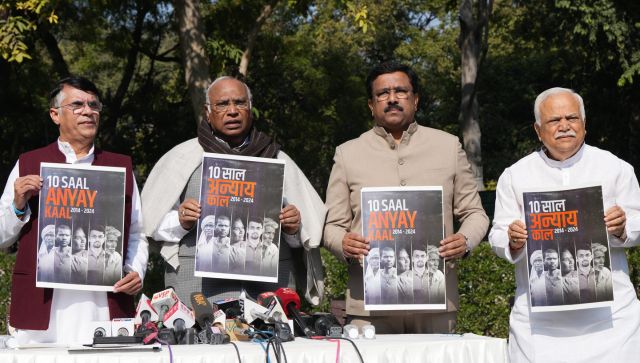)
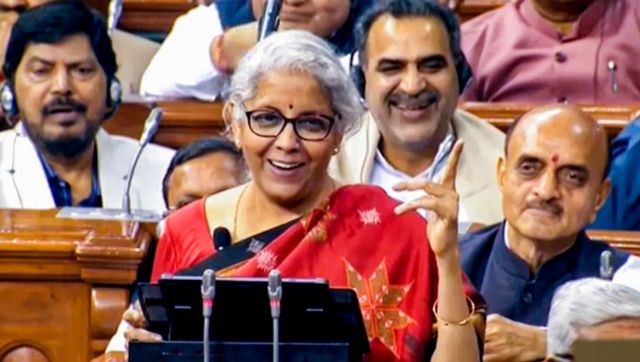)
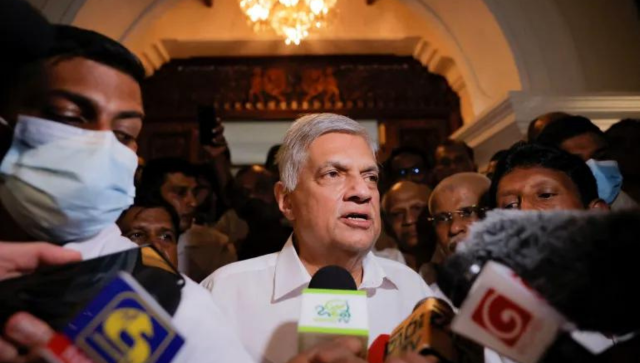)
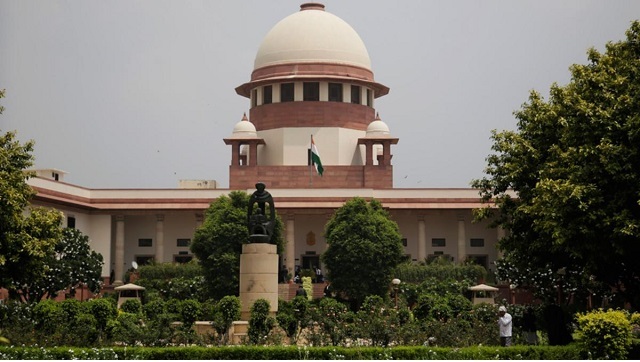)
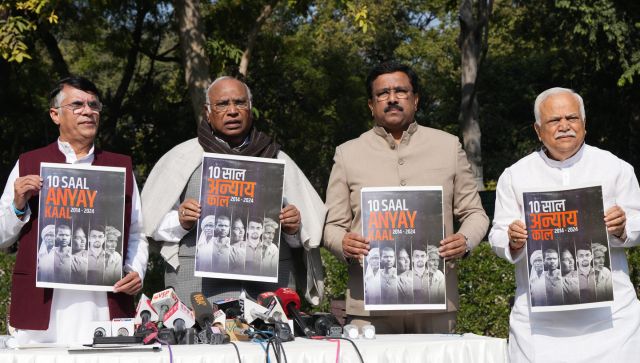)
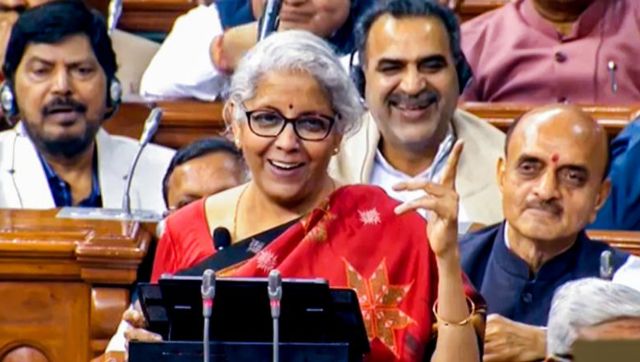)
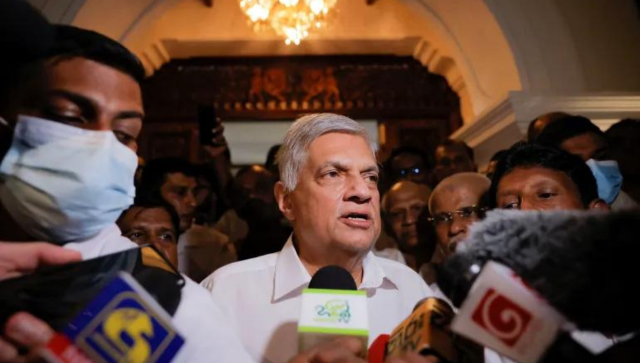)
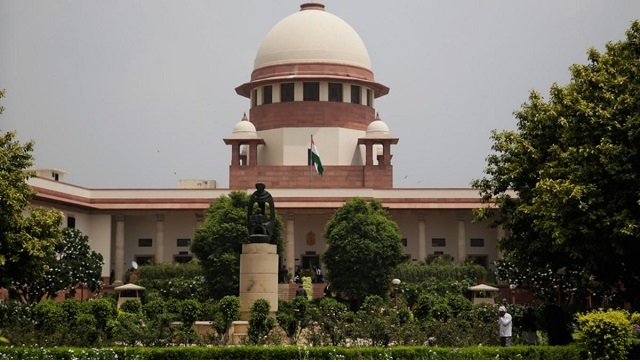)